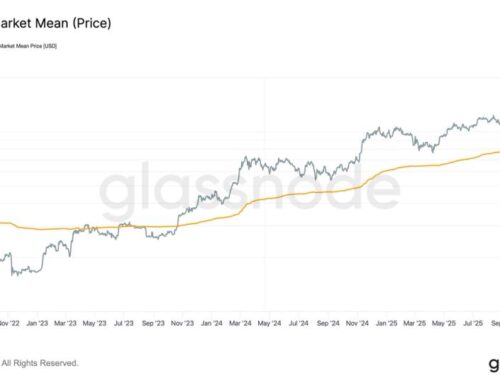Bitcoin Climbs 7% to $86,000 as Stocks Fall, Inflation Cools, and Corporate Holdings Rise
April 15, 2025
Bitcoin has shown unusual strength against a backdrop of economic instability, with its price climbing nearly 7% over the past week to reach around $84,000 and even briefly touching $86,000. This comes as major U.S. stock indexes like the S&P 500 and Nasdaq hit year-long lows and bond yields surged to levels not seen since 2007.
Crypto trading firm Wintermute noted that Bitcoin “held up relatively well… revisiting price levels from around the U.S. election period.” In past downturns, Bitcoin typically saw steeper declines than traditional financial assets. “This marks a notable shift from its historical behavior in crisis situations,” the firm wrote. Wintermute linked this performance to a growing institutional presence and the changing nature of investor sentiment around Bitcoin.
New data from the U.S. Bureau of Labor Statistics showed the Consumer Price Index increased 2.4% year-over-year in March but decreased by 0.1% month-over-month—marking the first monthly decline since May 2020. The Producer Price Index also slowed, rising 2.7% in March after a 3.2% increase in February. Wintermute pointed out that, “Despite this progress toward the Fed’s 2% inflation target, the recent escalation in global trade tensions introduced new potential inflationary risks, which are not yet reflected in March’s data.”
According to Bitwise, corporate interest in Bitcoin continues to rise. In Q1 of 2025, 12 new public firms added Bitcoin to their balance sheets. This pushed total corporate holdings to 688,000 BTC, a 16% increase now worth an estimated $57 billion. Analysts say this is influencing the way Bitcoin reacts to macroeconomic trends.
Jeff Park, an analyst at Bitwise, said recent U.S. trade policies will likely cause short-term financial instability. “The tariff costs, most likely through higher inflation, will be shared by both the U.S. and trading partners, but the relative impact will be much heavier on foreigners,” he said. Park believes such conditions may drive increased Bitcoin adoption.
Kalshi prediction markets currently place the probability of a U.S. recession this year at 61%, while JPMorgan analysts estimate it at 60%. Rising tariffs and geopolitical frictions could influence inflation, growth, and investor risk appetite in the months ahead.
Alex Obchakevich, founder of Obchakevich Research, believes the current trend may not last. “As the trade war intensifies, Bitcoin may return to the list of risky assets. Because investors will most likely look for salvation in gold,” he said. He credited the recent price stability to ETF participation and the growing image of Bitcoin as “digital gold.”
Terms and Privacy Policy
Search
RECENT PRESS RELEASES
Related Post




